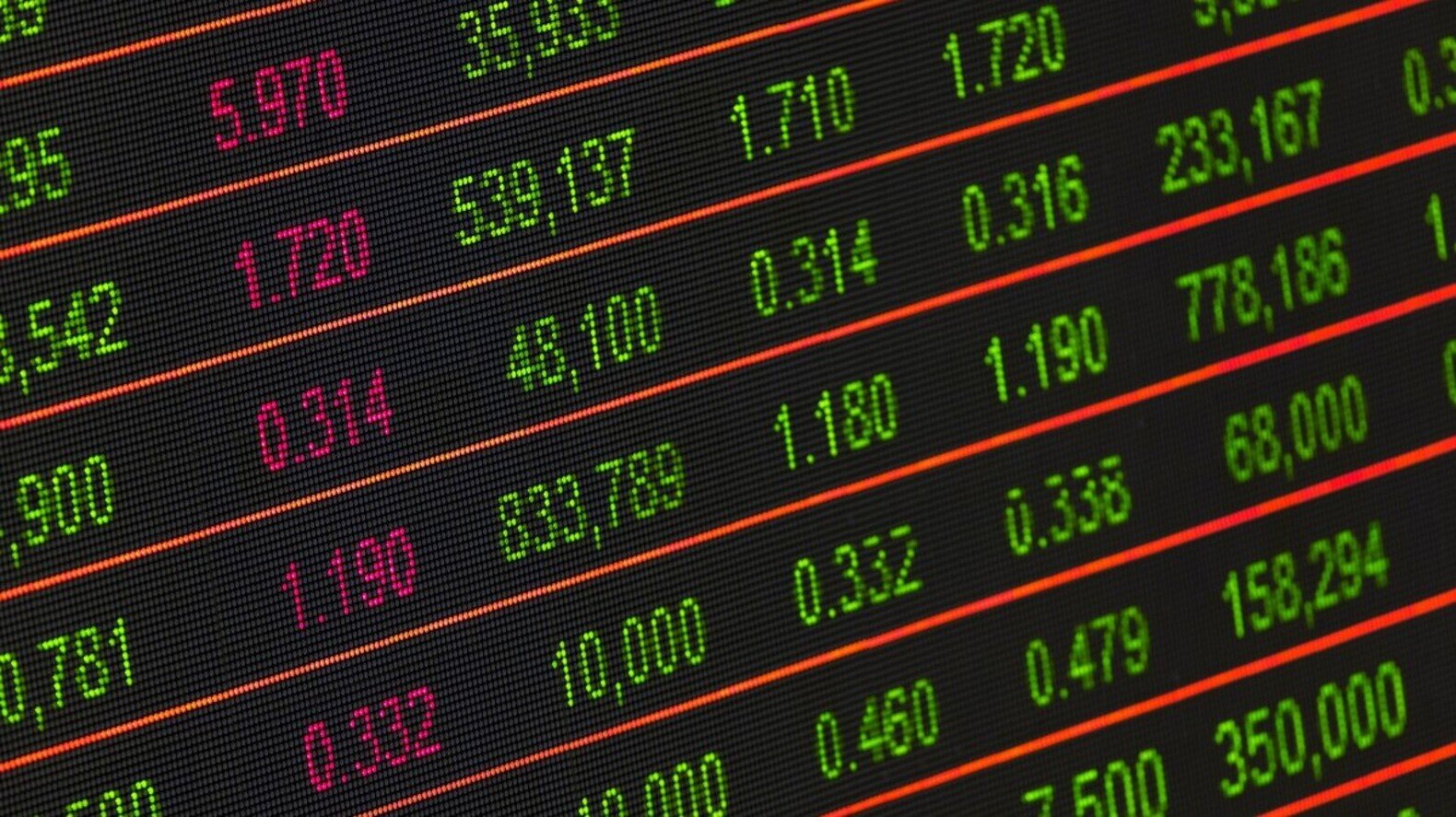What Is Decentralized Finance?


The DeFi protocol allows users to become their own custodians of crypto funds. The protocol allows users to interact with decentralized applications such as MetaMask, which stores data locally in encrypted form. It also facilitates cryptoeconomic research, pre and post-trade compliance, and best trade execution. DeFi protocols are rapidly becoming the industry standard for cryptocurrency custody. But what are its strengths and limitations? Let's explore a few.
DeFi is a blockchain platform that offers a variety of financial services and products. The protocol uses decentralized technology and smart contracts to provide these services. This Author in chronological order, without intermediaries. DeFi is the most widely-adopted decentralized platform. However, the main concern with this blockchain-based system is how it can be implemented in a mainstream financial environment. It can work for businesses, governments, and consumers.
DeFi may seem to challenge traditional banking, but it is not without its risks. Its proponents claim that the new financial technology will change the way banks conduct their business. They claim DeFi will replace the middleman by replacing him with a decentralized network of peers. In practice, however, traditional banks may well co-opt the technology, creating new yield-farming opportunities. It should be noted, however, that these risks are not exclusive to DeFi.
DeFi projects have the potential to become the next Robinhood. As Bitcoin continues to gain popularity, new applications in the financial sector are becoming more accessible and inclusive. Ethereum 2.0 could address the scalability problems by splitting the database into smaller pieces. The benefits of decentralized finance are enormous, but the road ahead is long and arduous. Before it reaches the general public, the DeFi movement should be closely followed and supported. It will only be a matter of time before the project truly gains traction and becomes mainstream.
DeFi enables users to use wrapped bitcoins to earn interest on the bitcoin they lend to others. DeFi's prediction market model mimics the concept of traditional prediction markets, but without the intermediaries. For more sophisticated traders, there is also yield farming, which involves scanning the market for larger returns. This practice may be risky, but it's worth the risk. If you want to try DeFi, it's important to learn more about the technology.
Although DeFi's adoption has increased dramatically, the risk of smart contract bugs and hacks is very real. In order to mitigate the risks associated with these, innovative insurance alternatives have emerged. Nexus Mutual offers Smart Contract Cover, which protects from unintended uses of the smart contract code. In addition, DeFi projects can become self-sustaining and profitable over the long term. The platform's scalability makes it possible for users to make decisions quickly.
DeFi protocols are built on Ethereum, a massive and highly-adopted ecosystem. While there are risks associated with deploying a protocol like DeFi, they are typically low and comparatively uncomplicated. With USDC, for instance, the risk of losing its peg to the underlying asset is low. However, investors looking for high yields should consider using USDC as a deposit currency. It's the safest way to deposit US dollars into DeFi protocols.

